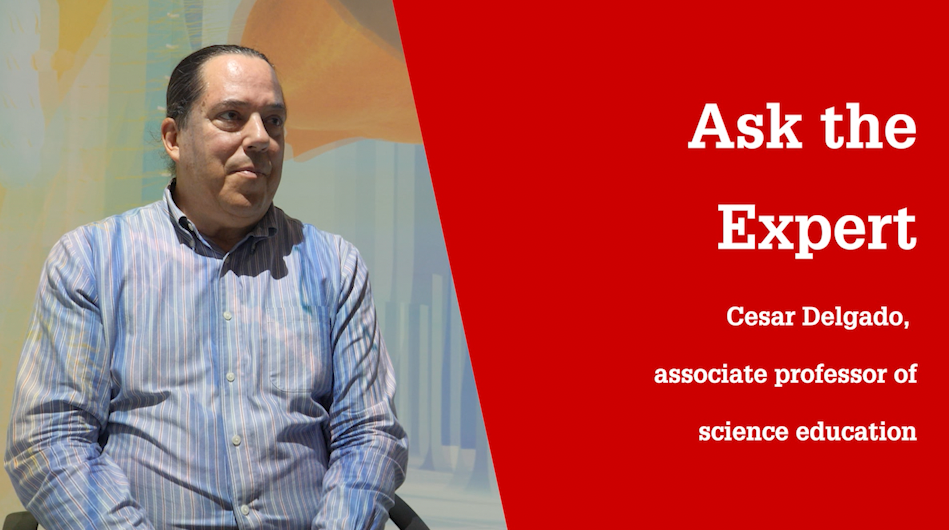Ask The Expert
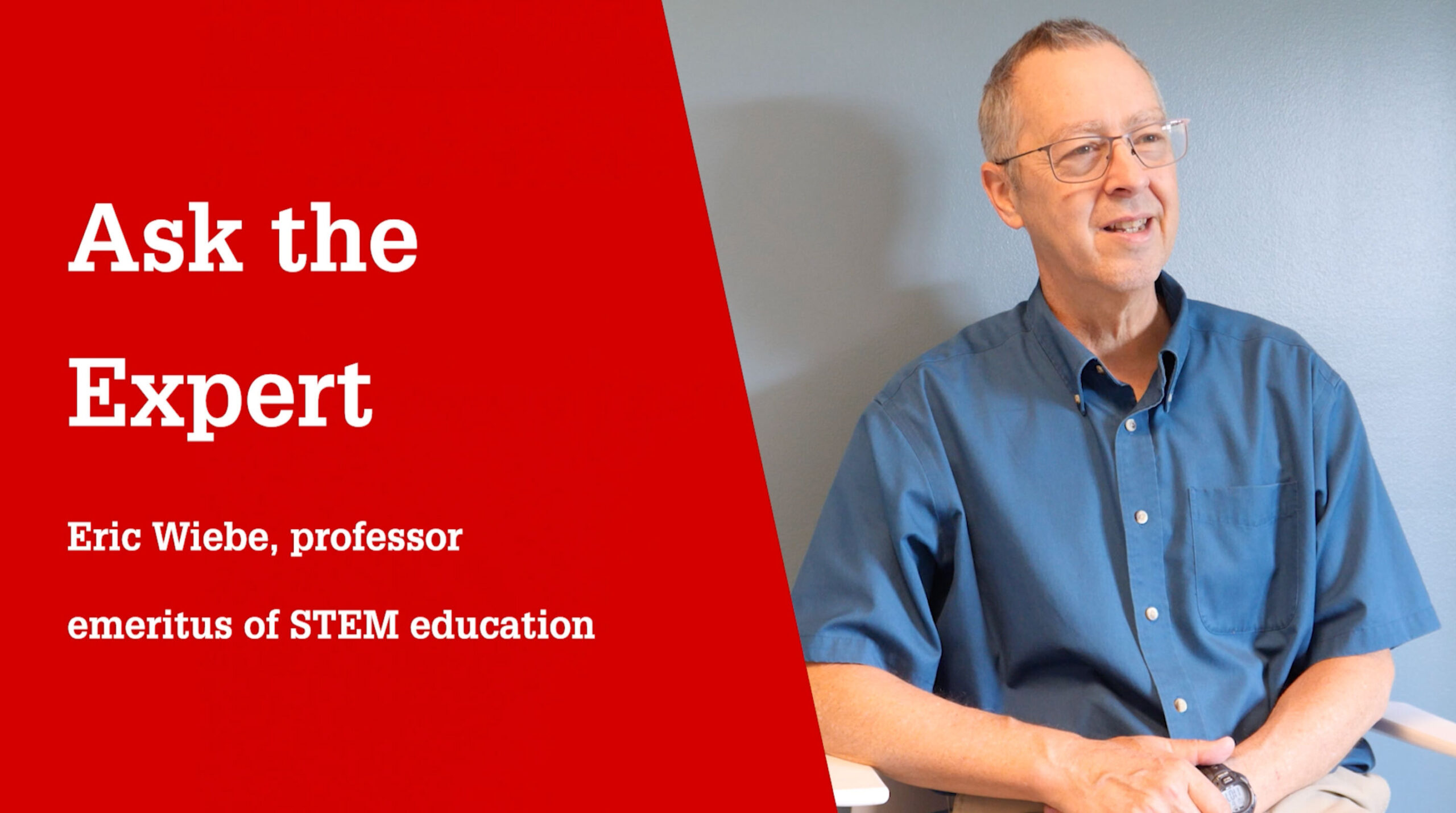
How Can Game-based Learning Improve Student Achievement in STEM? ‘We See the Immediate Benefits of Having Students More Interested in Learning,’ Says Professor Emeritus Eric Wiebe
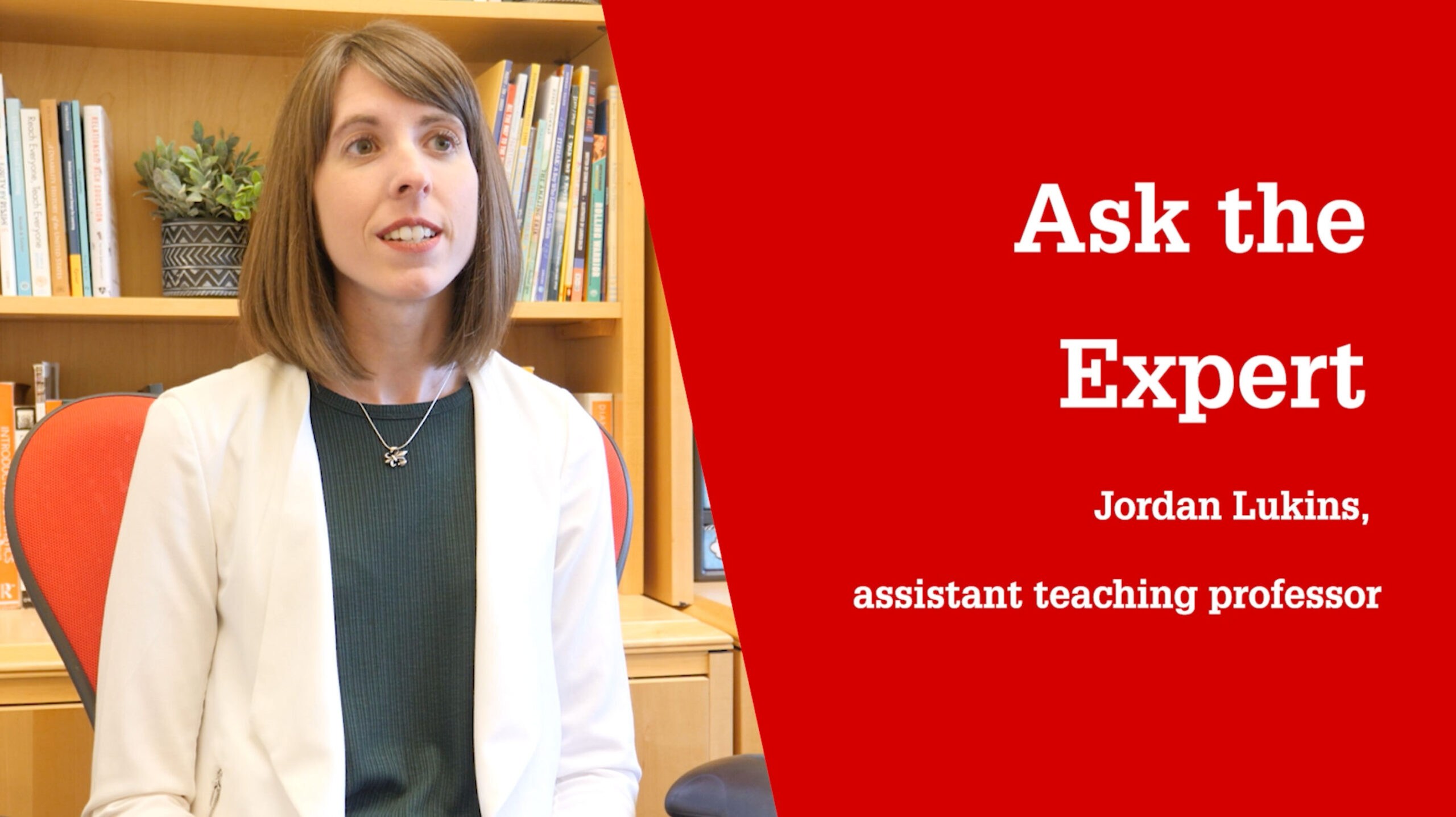
How Can Teachers Effectively Lead an Inclusive Elementary School Classroom? Assistant Teaching Professor Jordan Lukins Shares Skills, Tips and Online Resources
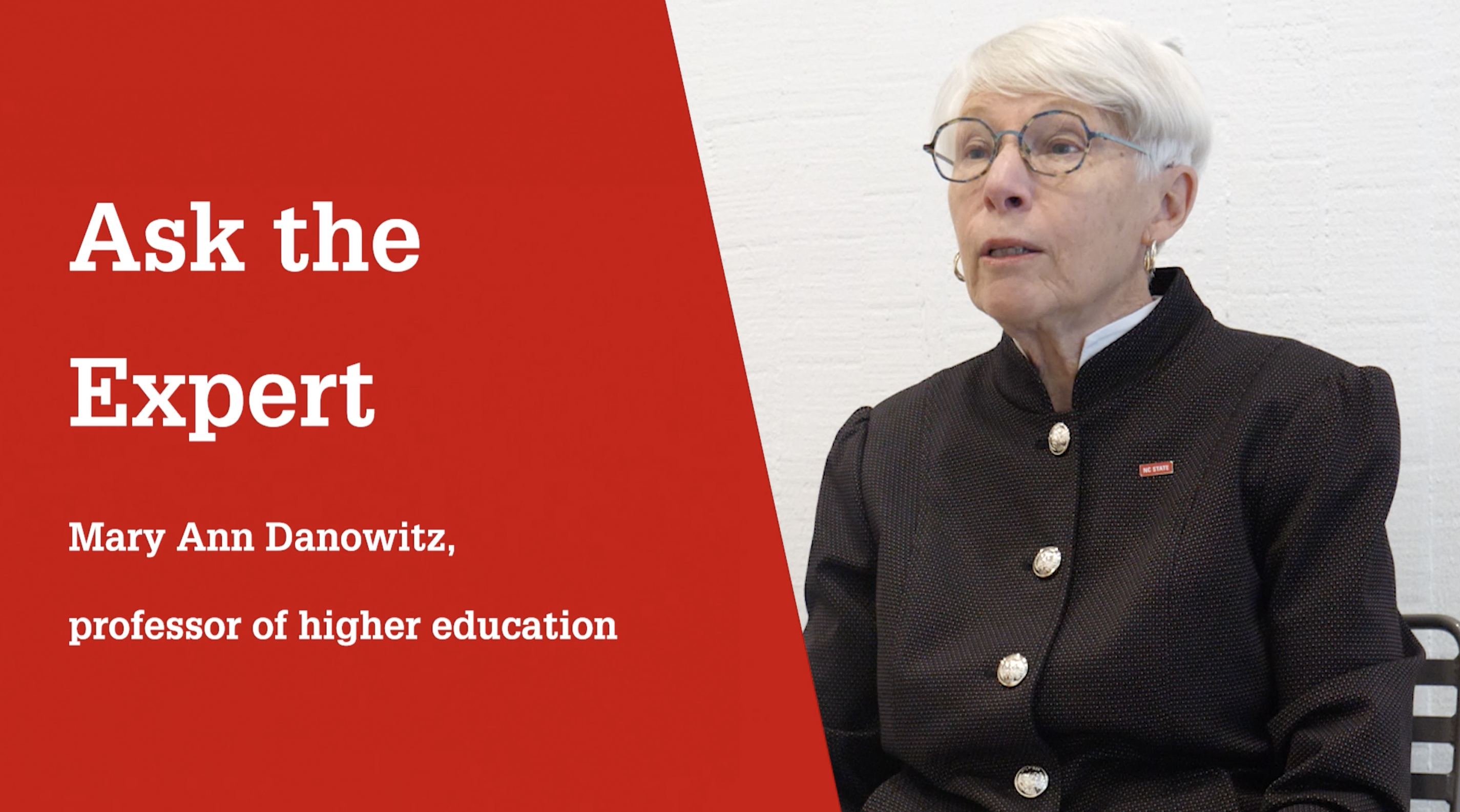
How Can One Lead with Inclusive Excellence in Higher Education? ‘To Engage in a Way That is Excellent Means Looking at How We Can Improve the Society and Conditions Around Us,’ Says Dean Emerita and Professor Emerita Mary Ann Danowitz
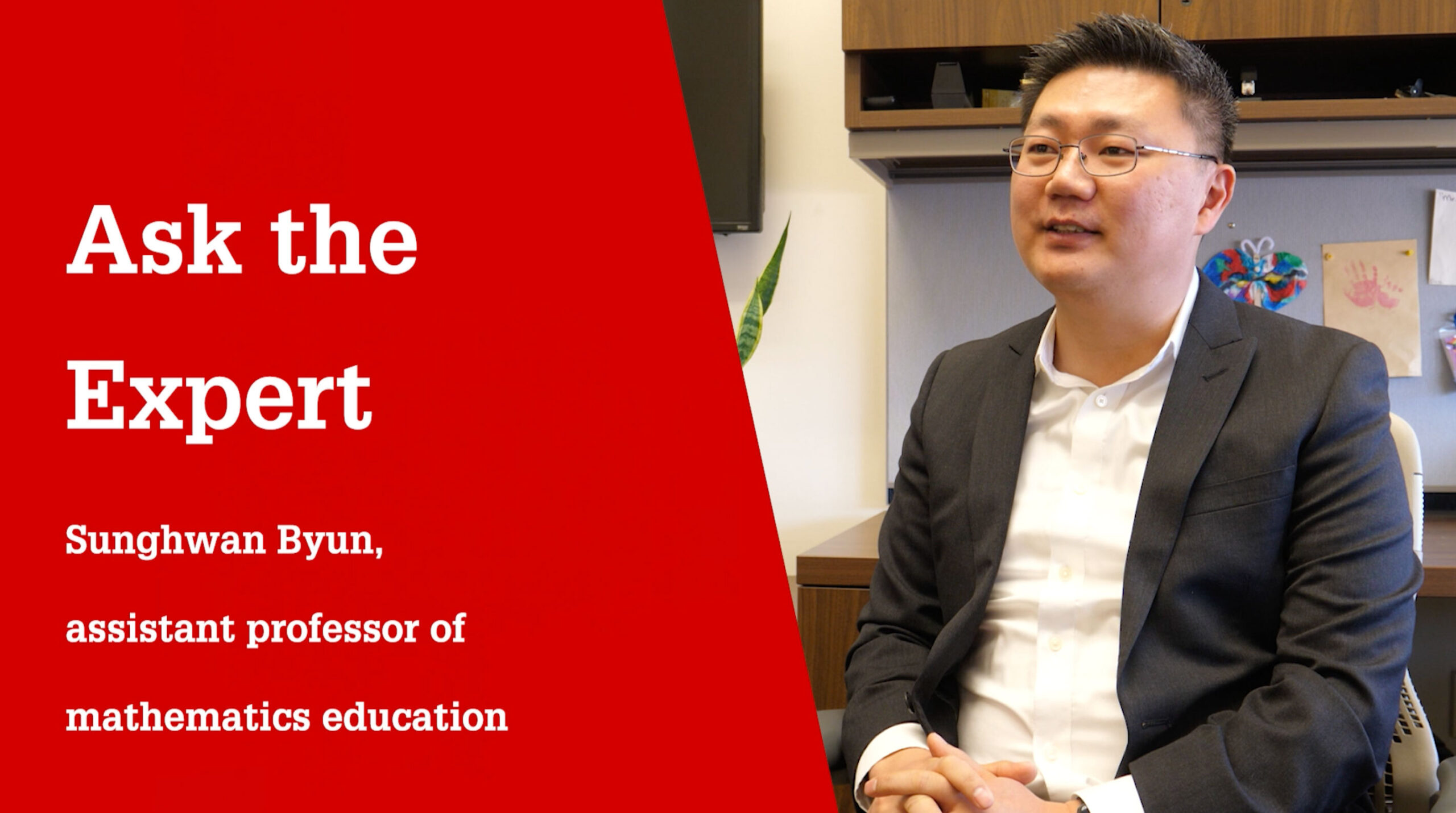
Why Are Discourse and Social Interaction Important in Statistics Lessons? Data Science is ‘Inherently Interdisciplinary’ Says Assistant Professor Sunghwan Byun
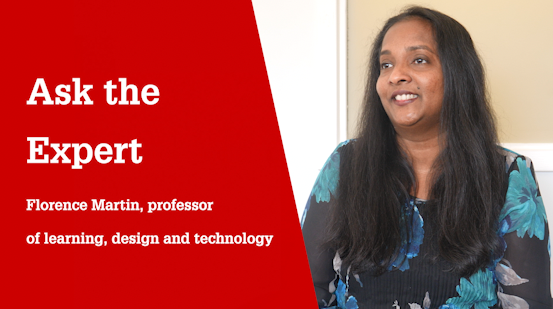
How Can Parents and Teachers Help Students Be Digitally Safe? ‘We Should Start Very Early, Even at the Preschool Level, With Some Simple Lessons,’ Says Professor Florence Martin
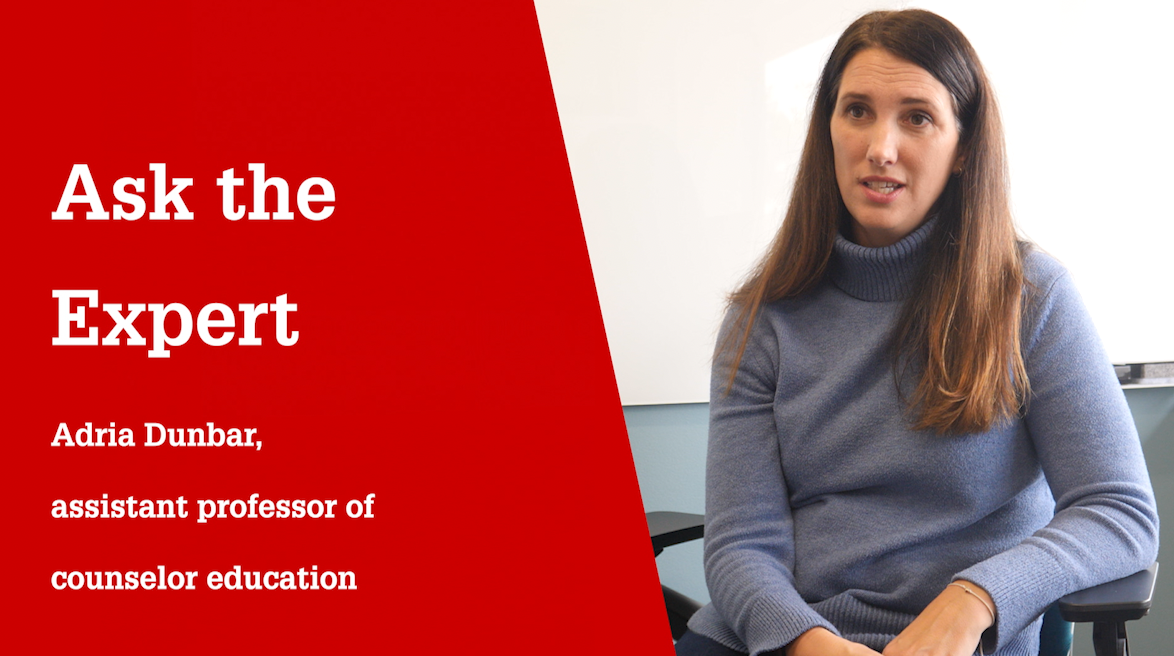
What Are Some Healthy Ways for Adolescents to Engage with Social Media? Assistant Professor Adria Dunbar Shares Tips for Engaging with Intentionality
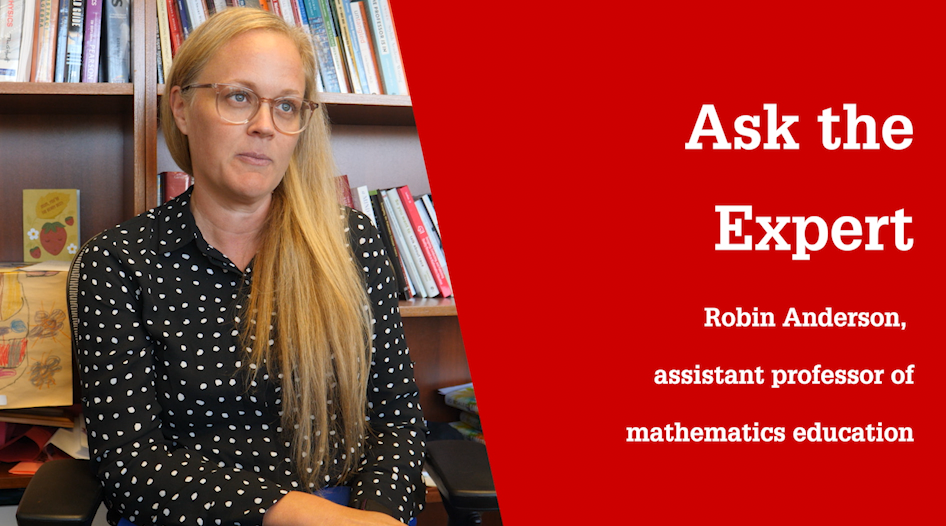
How Can Teachers Use Social Media for Professional Development? ‘When Teachers Network Together, They’re in a Collaborative Structure Where Their Expertise is Valued’ Says Assistant Professor Robin Anderson
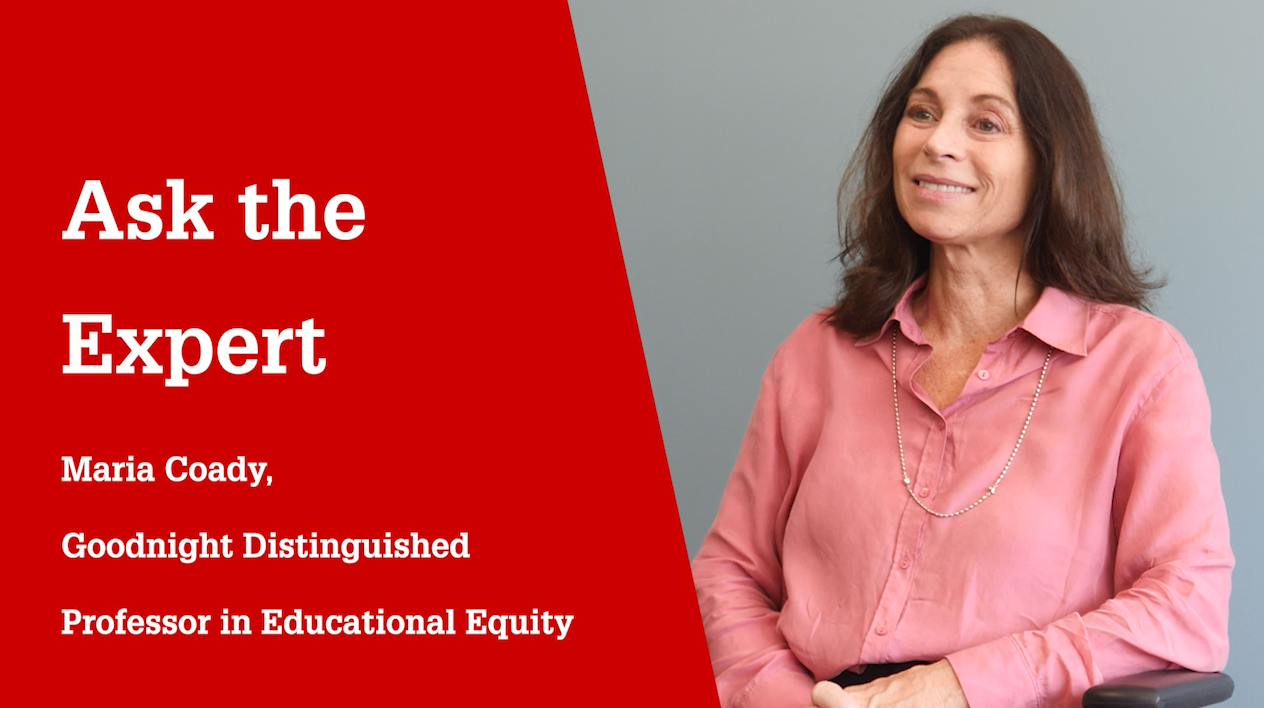
How Can Educators Help Linguistically Diverse Students in Rural Schools? ‘We Need to Think About the Expectations That We Have For Our Students’ Says Goodnight Distinguished Professor in Educational Equity Maria Coady
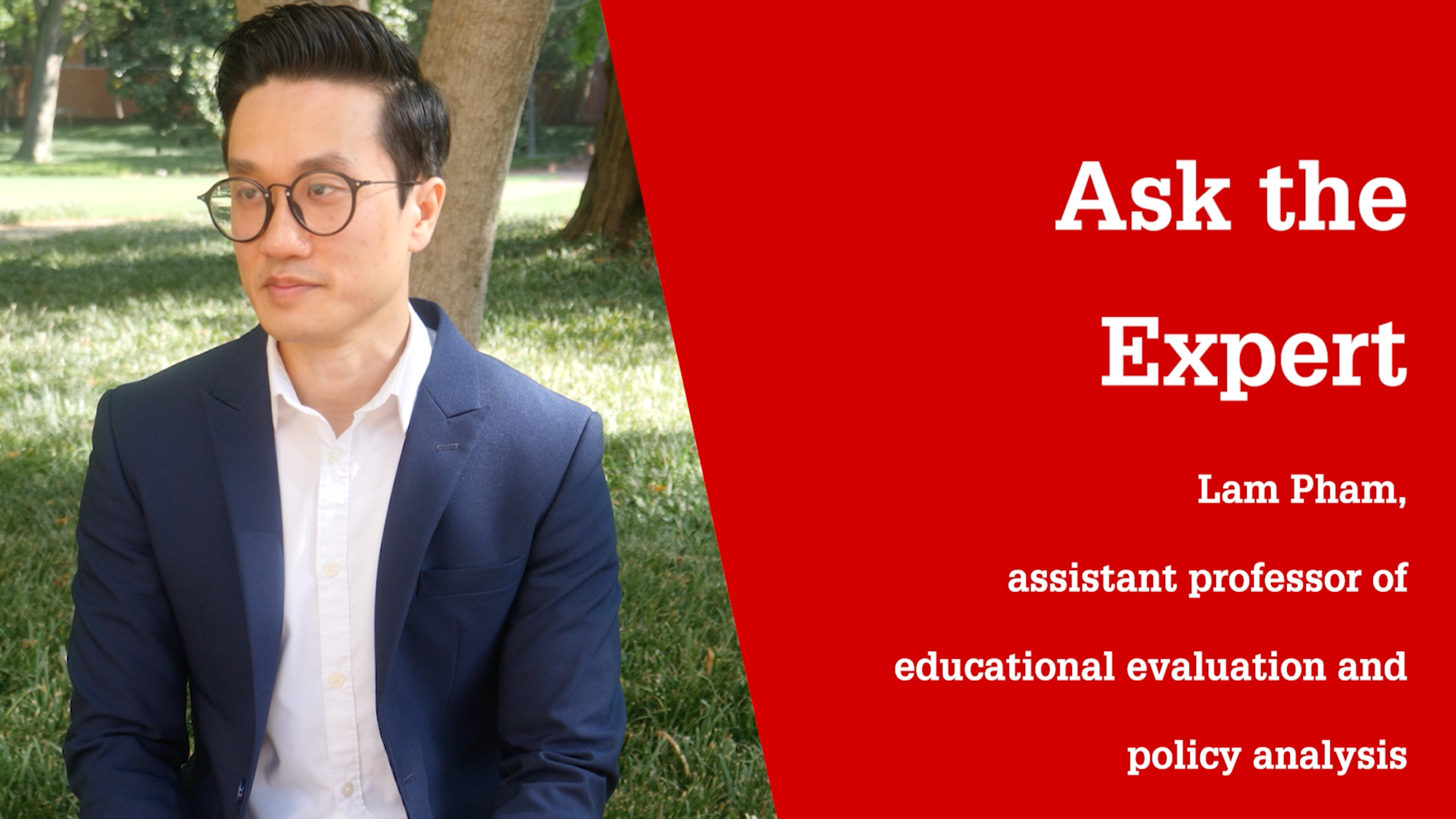
How Can You Turn Around Low-Performing Schools? ‘Investing in Teachers and Principals Gives Our School Improvement Efforts a Much Better Chance of Success,’ Says Assistant Professor Lam Pham
